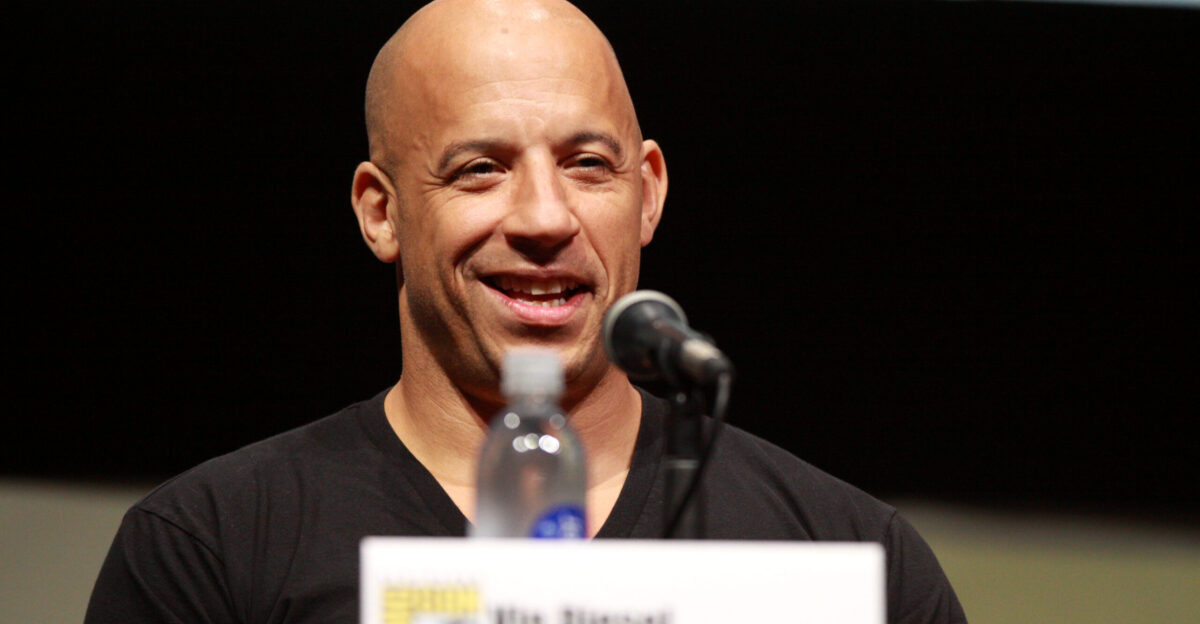
A Los Angeles judge’s decision has brought a sudden halt to a closely watched sexual battery lawsuit against actor Vin Diesel, ending the case at the trial court level and igniting debate over the reach of California’s legal protections. The ruling, delivered on November 19, 2025, dismissed all remaining claims brought by Diesel’s former assistant, Asta Jonasson, on the grounds that California statutes do not apply to alleged conduct that occurred in Georgia. Jonasson’s legal team has vowed to appeal, framing the outcome as a procedural setback rather than a resolution of the underlying allegations.
Legal Claims and the Path to Dismissal

Jonasson’s lawsuit, filed in December 2023, originally outlined ten claims against Diesel and his production company, One Race Films. Four claims tied to California’s Fair Employment and Housing Act—including discrimination, hostile work environment, retaliation, and failure to prevent harassment—were dismissed in June 2025 due to statute of limitations issues. The court’s November ruling addressed the six remaining claims: sexual battery, wrongful termination, intentional infliction of emotional distress, and retaliation.
The case hinged on a 2022 California law, the Sexual Abuse and Cover-Up Accountability Act, which temporarily reopened the statute of limitations for certain sexual assault cases dating back to 2009. This legislative window allowed Jonasson to pursue her claims more than thirteen years after the alleged incident. However, Judge Daniel M. Crowley determined that the law did not extend to conduct occurring outside California, specifically in Georgia, where the alleged assault took place.
Background of the Parties

Asta Jonasson, born in Singapore to a Chinese mother and Icelandic father, holds both Canadian and American citizenship. She studied psychology and criminology at Simon Fraser University before entering the entertainment industry. After her brief stint as Diesel’s assistant in 2010, Jonasson built a career as a television and film development executive, contributing to Emmy-winning scripted series and documentary films.
Vin Diesel, born Mark Sinclair, is a prominent Hollywood actor and producer, best known for his role in the “Fast & Furious” franchise. His production company, One Race Films, is co-managed by his sister, Samantha Vincent, who also played a role in the events described in the lawsuit.
Allegations and Immediate Aftermath

The alleged incident occurred in September 2010 during the filming of “Fast Five” in Atlanta, Georgia. According to court documents, Jonasson claimed she was asked to wait in Diesel’s hotel suite late at night while he entertained guests. After the guests left, she alleged that Diesel grabbed her wrists and pulled her onto his bed. When she resisted and moved toward the door, she claimed Diesel pushed her against a wall and masturbated in front of her, despite her verbal and physical resistance.
Jonasson reported feeling immediate emotional distress and fear for her safety. Within hours of the alleged incident, she received a call from Samantha Vincent, who informed her that her employment was terminated effective immediately, without explanation. Jonasson had worked as Diesel’s assistant for only nine days. The lawsuit argued that her firing was retaliatory, directly linked to her resistance to Diesel’s advances.
Legal Arguments and Jurisdictional Challenges

Diesel’s legal team categorically denied all allegations, asserting that the claims were fabricated and unsupported by evidence. The defense emphasized that Diesel had never previously heard of the accusations and questioned the timing and credibility of the lawsuit.
Judge Crowley’s dismissal focused on the principle of extraterritoriality—the idea that state laws generally do not apply beyond state borders unless explicitly stated. He concluded that California’s statutes, including the Sexual Abuse and Cover-Up Accountability Act, did not have the authority to govern alleged conduct in Georgia. This interpretation effectively barred Jonasson’s claims from proceeding in California courts, despite the legislative exception to the statute of limitations.
Implications and the Road Ahead
Jonasson’s attorneys have announced plans to appeal, arguing that the intent of California’s law was to provide recourse for victims of sexual assault connected to California-based employers, regardless of where the alleged conduct occurred. The appellate process could take months or years, with broader implications for how states address workplace sexual assault claims that cross jurisdictional lines.
The case highlights the complexities facing film industry workers, whose jobs often take them across state boundaries while remaining tied to California-based companies. As Jonasson’s legal team prepares its appeal, the outcome may influence future efforts to expand legal protections for victims of sexual misconduct in mobile industries. The stakes extend beyond the individuals involved, raising questions about the reach of state law and the evolving landscape of workplace accountability in Hollywood and beyond.